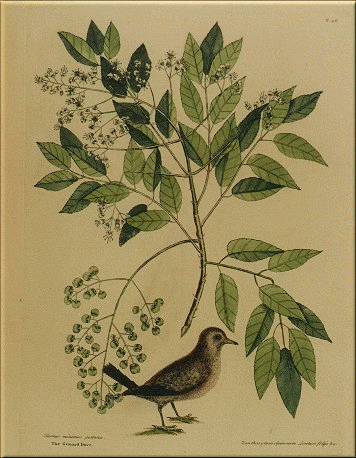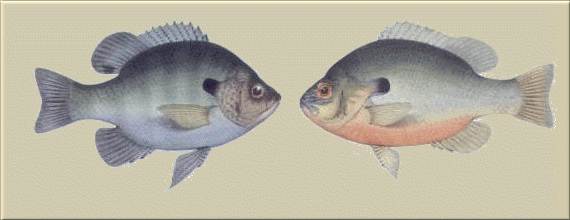
Volume 6

December, 1853 - August, 1854




The skeleton which at first excites only a shudder in all mortals becomes at last not only a pure but a suggestive and pleasing object to science. The more we know of it, the less we associate it with any goblin of our imaginations. The longer we keep it, the less likely it is that any such will come to claim it. We discover that the only spirit which haunts it is a universal intelligence which has created it in harmony with all nature. Science never saw a ghost, nor does it look for any, but it sees everywhere the traces, and it is itself the agent, of a Universal Intelligence.
I bought me a spyglass some weeks since. I buy but few things, and those not till long after I begin to want them, so that when I do get them I am prepared to make a perfect use of them and extract their whole sweet.
Waited at Lincoln depot an hour and a half. Heard the telegraph harp. I perceived distinctly that man melts at the sound of music, just like a rock exposed to a furnace heat. They need not have fabled that Orpheus moved the rocks and trees, for there is nothing more insensible than man; he sets the fashion to the rocks, and it is as surprising to see him melted, as when children see the lead begin to flow in a crucible.
I am not so interested in mere phenomena, though it were the explosion of a planet, only as it may have lain in the experience of a human being.
It is only the irresolute and idle who have no leisure for their proper pursuit.

All that a man has to say or do that can possibly concern mankind is to tell the story of his love -- to sing; and, if he is fortunate and keeps alive, he will be forever in love. This alone is to be alive to the extremities. It is a pity that this divine creature should ever suffer from cold feet; a still greater pity that the coldness so often reaches to his heart. I look over the report of the doings of a scientific association and am surprised that there is so little life to be reported; I am put off with a parcel of dry technical terms. Anything living is easily and naturally expressed in popular language. I cannot help suspecting that the life of these learned professors has been almost as inhuman and wooden as a rain-gauge or self-registering magnetic machine. They communicate no fact which rises to the temperature of blood-heat. It doesn't all amount to one rhyme.
There was a time when the beauty and the music were all within, and I sat and listened to my thoughts, and there was a song in them. I sat for hours on rocks and wrestled with the melody which possessed me [...] I long lay on the rocks, foundered like a harp on the seashore, that knows not how it is dealt with.
The inhumanity of science concerns me, as when I am tempted to kill a rare snake that I may ascertain its species. I feel this is not the means of acquiring true knowledge.
Do I not live in a garden -- in Paradise? I can go out each morning before breakfast -- I do -- and gather these flowers with which to perfume my chamber where I read and write all day.

Do you not feel the fruit of your spring and summer beginning to ripen, to harden its seed within you? Do not your thoughts acquire consistency as well as flavor and ripeness? How can we expect a harvest of thought who have not had a seed time of character?
It is with infinite yearning and aspiration that I seek solitude, more and more resolved and strong; but with a certain genial weakness that I seek society ever.
In my experience, at least of late years all that depresses a man's spirit is the sense of remissness -- duties neglected, unfaithfulness -- or shamming, impurity, falsehood, selfishness, inhumanity, and the like.
Early for several mornings I have heard the sound of a flail. It leads me to ask if I have spent as industrious a spring and summer as the farmer, and gathered as rich a crop of experience.
















